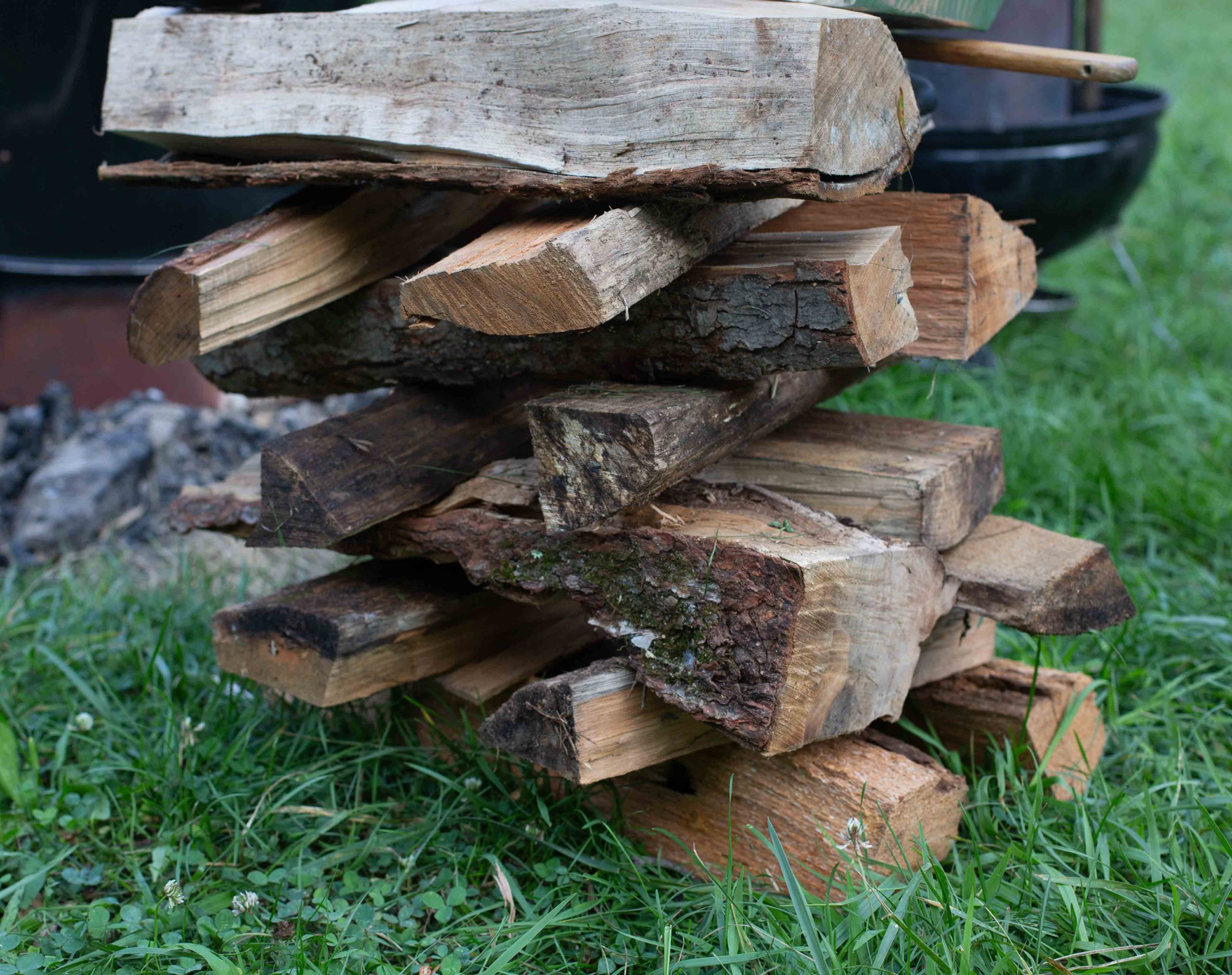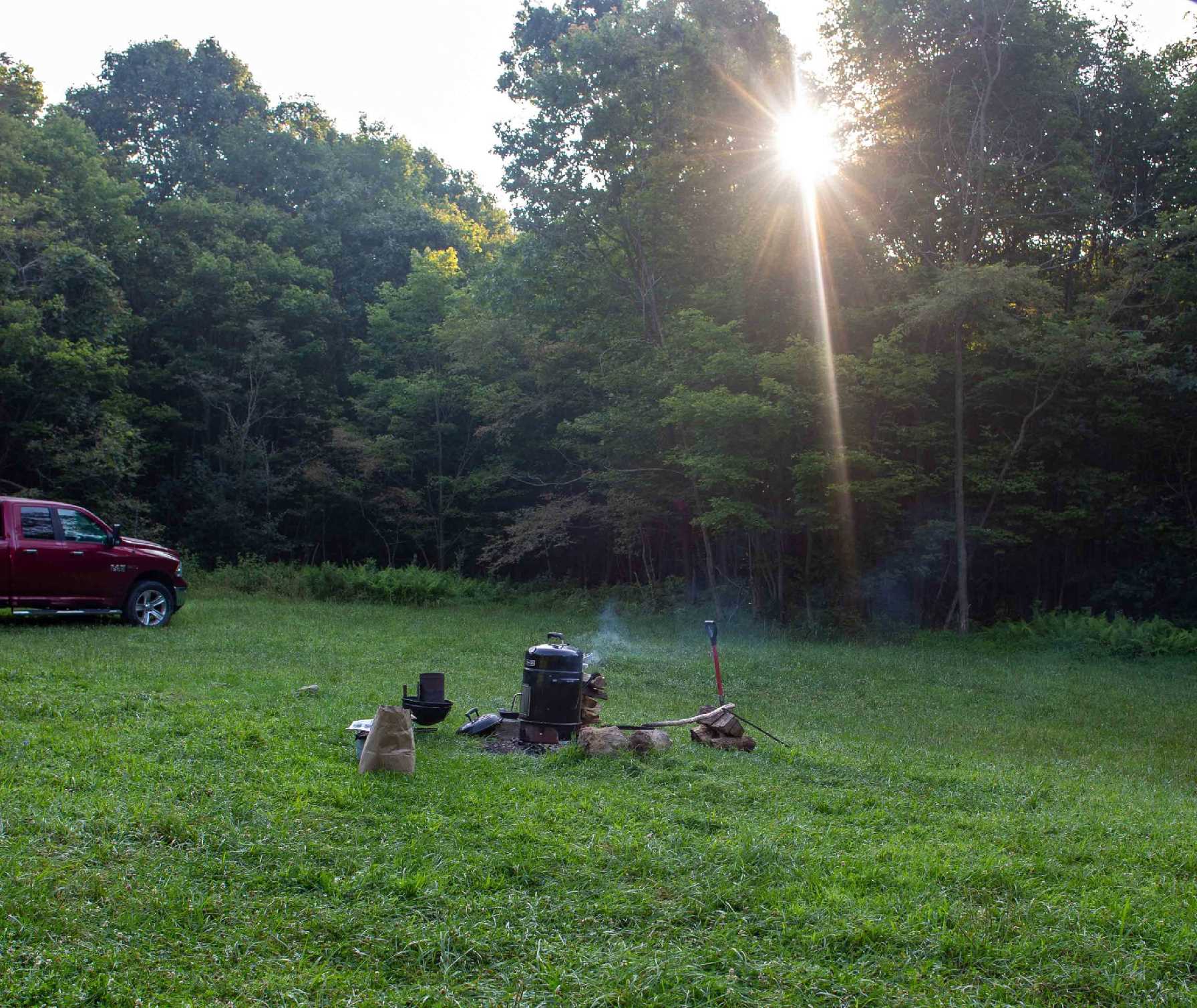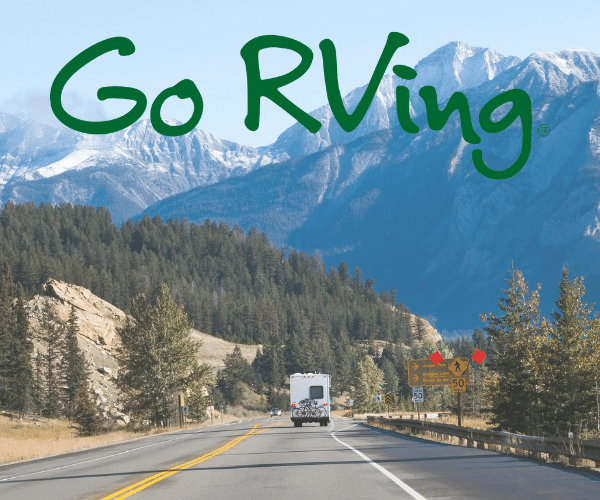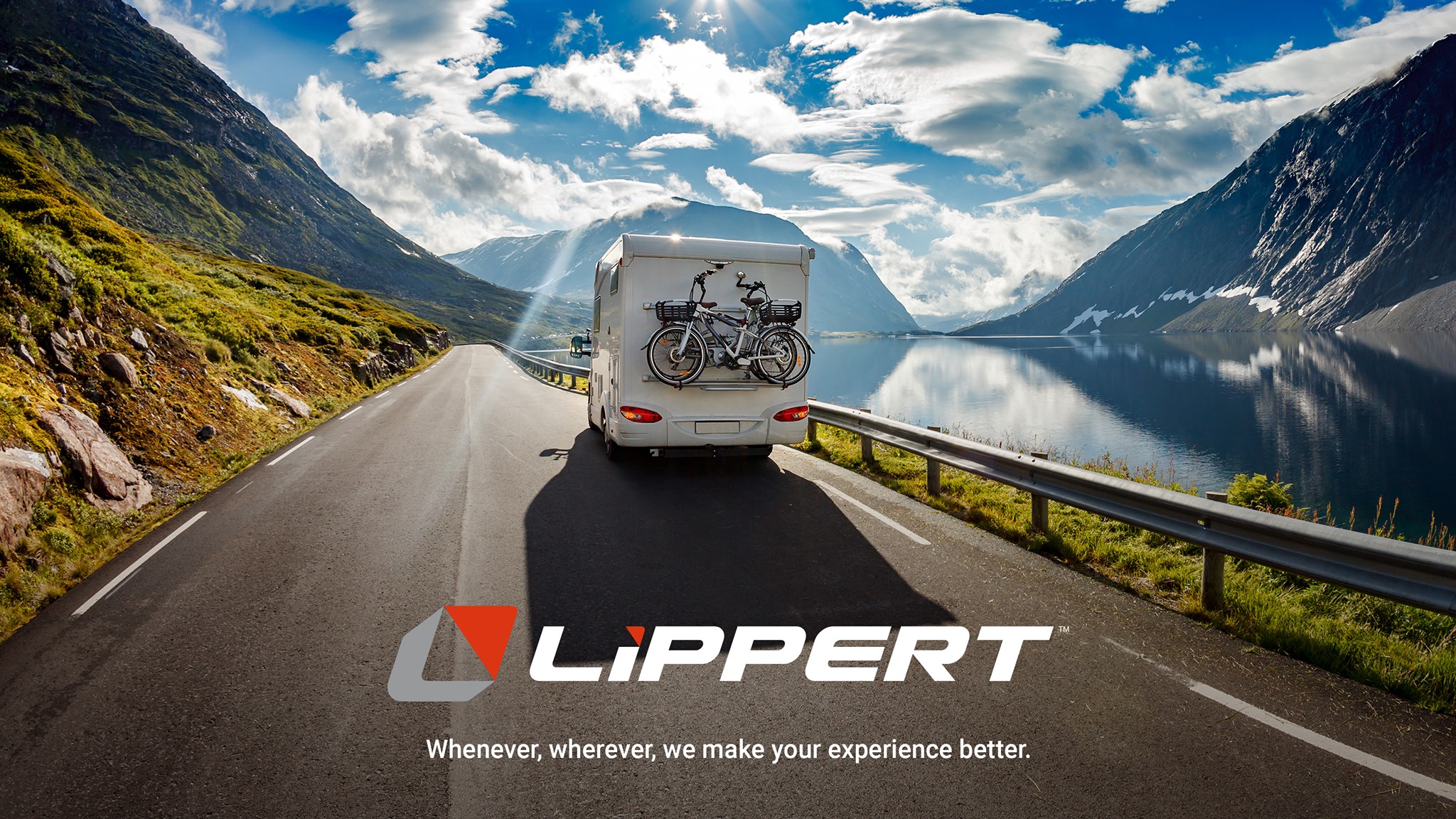Boondocking! I never heard of this until I bought my first camper a couple of years ago. Once I understood what it was, I thought to myself, what was I doing when I camped in a tent?
Well I learned a lot since then. So what exactly is Boondocking? It is camping without any hookups outside developed campgrounds. Federal and State agencies refer to boondocking as dispersed camping. Other terms used to describe boondocking include dry camping and off-grid camping.
Although, the East coast does not have as much Public land available as the West, there are still opportunities to boondock.
Where can you go Boondocking?
- Campsites with no hookups
- Family and friends driveways – AKA mooch-docking
- Sporting Events
- Concerts
- Walmart – AKA Wallydocking
- US Forestry Services or National Parks Services
- Bureau of Land Management
One way to ease into Boondocking is heading to a campground near you and don’t actually use the hookups. This is a great way to really zone in on what your power and water consumption is per day and week.
Traveling to your destination may require an overnight stay and if you are like me, you want to rest up and keep going. I prefer spending money on things I need and if I don’t need hookups, why go to a campground when I can Wallydock? Make sure you call ahead or speak with manager! Not all Walmarts are created equal! There are other big box stores that are RV friendly, so do not be afraid to ask a manager!
What do you need to know?
- No one is an expert in the beginning
- Tips to conserve water
- Know your power needs
- Know your tank capacities
- Watch the weather
- How to get help, if needed
If you only plan to do an overnight or two boondocking while traveling, you will most likely do just fine. Keeping things charged should be no issue since you will be driving during the day.
However, if you decide to spend a weekend or longer in a forest then you will need to take some things in consideration. First make sure your gray and black tanks are empty and your fresh water tank is full. Top off your propane tank and batteries.
Water conservation:
- Wash dishes smartly – remove food (throw away) and wash dishes once a day and instead of throwing the dish water outside, save the soapy water to flush the toilet with, saving fresh water.
- Navy showers, dry shampoo and personal wipes work great to conserve fresh water. You can also catch your shower water in a bucket to flush the toilet with. (Soapy water will help clean your black tank when it is time to dump)
- A solar shower can be used outside. They are great when you are near a water source like a lake or river, just scoop up some water and let the sun heat it up and use it for a refreshing spritz or to rinse your dirty feet off.
- Bring jugs of drinking water. When everything else fails, you have backup! I usually bring a few one gallon jugs (they are easier for me to handle) and a 5 gallon one I can refill at most grocery stores.
Power sources:
- Batteries – your camper most likely has one, two or more. They only have so much capacity to keep your electronic devices, lights, fans, inverter, furnace and water heater running before they run out of juice. Batteries will NOT run your Air Conditioner.
- Solar – if you have solar panels they will only trickle charge your batteries, and if there is not enough sunlight the batteries might not recharge fully.
- Generator – for me this would be a last resort measure. Not to mention, it requires yet another fuel source … gasoline! However, on those not so sunny days they work great to recharge your batteries but it will require a large generator if you really need to run your air conditioner.
- Firewood – great for cooking, campfires and keeping you warm!

Conserving Power:
- Portable solar banks. Keeping a couple of these around are great to keep all my chargeable items ready for use when I want them. For instance, when my battery powered fan dies in the middle of the night, I just plug it into my solar bank and I am good till morning.
- Rechargeable battery operated fans like this Opolar. I have had this one for over two years now and it is still my favorite.
- Propane heaters like Mr Buddy are great for indoor and outdoor use. They heat up your camper quickly, so your onboard heater will not have to work so hard.
- Battery or Solar lights for outside. I have an assortment. One of my favorite is the Luci light. (watch for my upcoming article on them)
- Preplanning meals – Not only a huge time saver, but also a space and resource saver. I tend to overpack my fridge and it works hard for me, so while I hunt for ten things I lose a lot of cold air.
- We love to cook when we camp and boondocking does not stop us. We always bring a grill, smoker, charcoal and propane griddle to keep us outside, keeping us from depleting our campers resources .
- Coolers are a great option, however you will need to find ice often to keep things cold. I recently did an article on an AcoPower solar fridge/freezer that charges like a phone and stays cold for hours (depending on the weather)
Here is a huge tip I have learned! While I have sunlight and have great capacity to recharge my onboard batteries, I charge everything EARLY in the day! Solar banks, power banks, fans, lights, hot water for my shower … everything! The goal is that after charging everything I need to get me through the night, the sun still has time to recharge my onboard batteries, so that I can make sure I have a comfortable night.

Communication
- Keep your cell phone charged
- Stay within cell range when possible
- Know where the nearest Landline or Ranger is in an emergency
- Let others know where you are – tip before you lose cell signal text someone the coordinates of where you are supposed to be.
- Weather radio. I cannot express the importance of knowing the weather! I won’t mention the time I knew rain would be coming through the night! But I didn’t hear about the winds! Only to be woken in the middle of the night to go out in the pouring sideways rain to secure awnings that were not properly secured to the ground.
To recap, head out to a campground near you to understand how long your camper’s systems can last with your normal activities. Then see where you can conserve and see how your systems respond in different situations. I hope this gives you enough information to not be afraid if you find yourself without hook ups, because even a passing storm can take out the power in a campground!
~ Michelle Almodovar | Photographer, techie, lover of nature and thrilled to be your Travel Beacon





0 Comments